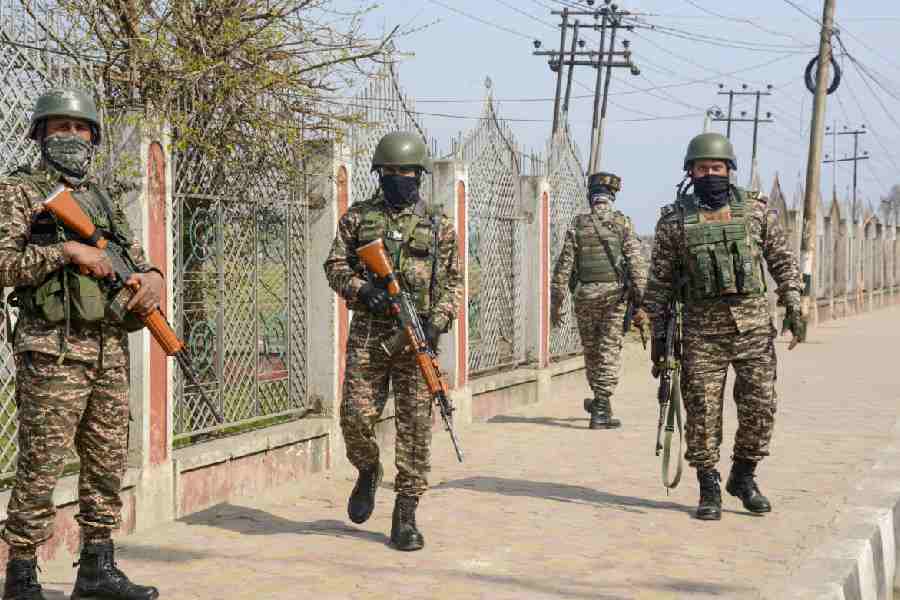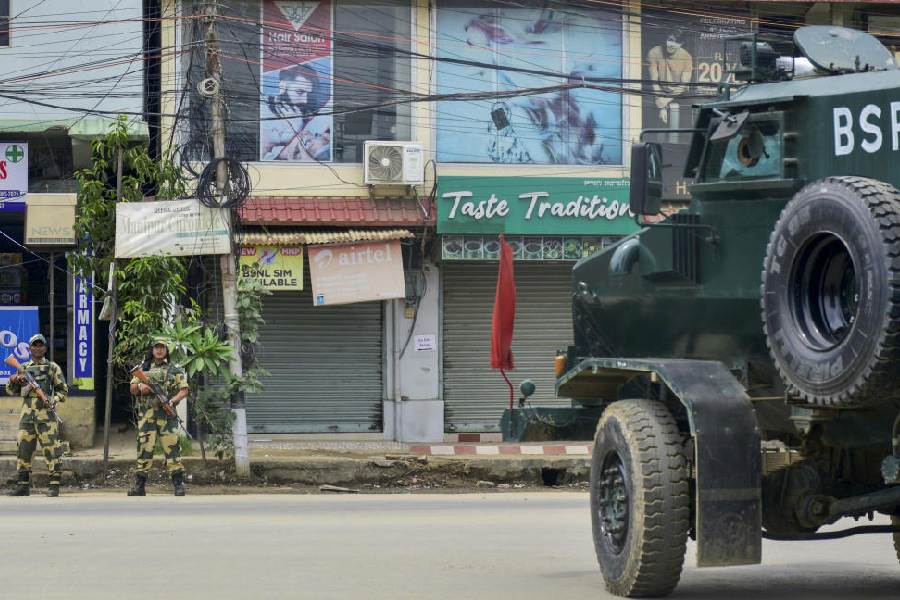Ranchi, July 23: Residents living on or near main thoroughfares, amid market complexes and near the capital’s main bazars would have to shell out more by way of registration fees.
The new Apartment Act, being drafted by the urban development ministry, has proposed a raise in registration fees of house-owners of these areas.
However, unlike neighbouring West Bengal, which charges a flat rate of 9 per cent as registration fees on the value of the apartment, the Jharkhand Act would have a variable tax structure depending on the location and area of the flats.
The draft Bill, which has been cleared by the urban, energy and law departments, is now being scrutinised by the finance department. Once the finance ministry vets the proposal, the legislation would have to be cleared by the Cabinet and finally passed by the Assembly for implementation.
Official sources said location was given the highest priority while determining the rate of tax to be imposed by way of registration. They explained that flats situated in the “heart of the capital”, measured from zero point, at the divisional commissioner’s office would be taxed more compared to the highrise residential buildings located in the remote corners of the city.
“An attempt has been made to impose a more rationalised tax structure compared to the 17 per cent registration fees that is being charged at the moment,” officials said. They added that even “social justice” demanded that the more prominently located flats be taxed more than those located in remote places.
“Apart from the locational factors, the rate of registration fees would also vary in direct proportion to the carpet area of the flats. Bigger the flats, higher would be the rate of tax”, officials said.
Urban secretary U.P. Singh, while refusing to give details of the rate of tax, pointed out that top priority had been accorded to strengthening of safety and sanitation aspects of the apartments in the proposed Bill. Singh said numerous complaints had been received from flat owners on the failure of the promoters to provide fire fighting devices or even a proper drainage facility in the buildings constructed by them.
The urban secretary added that all loopholes in the existing system had been plugged and stringent monitoring mechanisms had been suggested to ensure that promoters do not get away with constructing inferior quality buildings.










